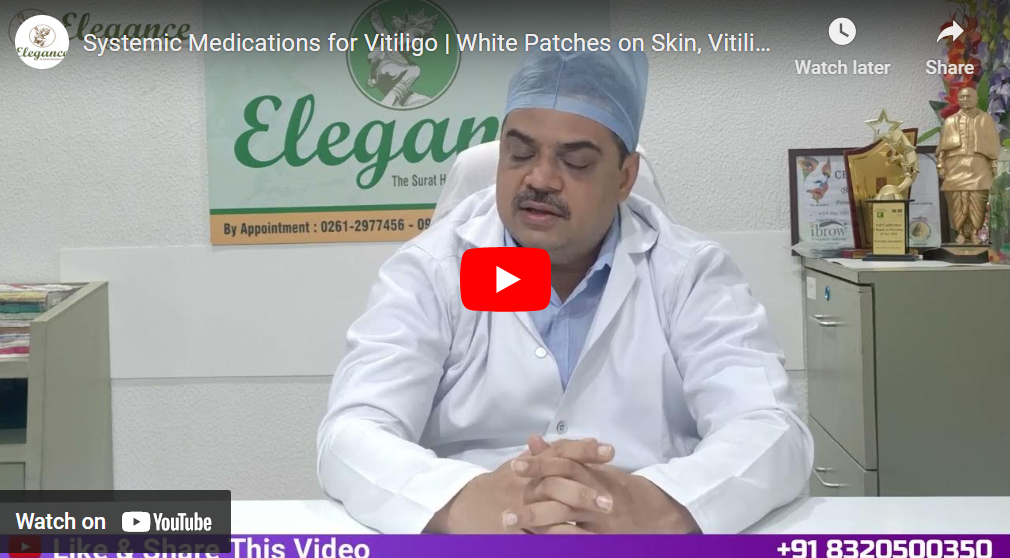Systemic medications are medications that are taken orally or through injection that affect the entire body, as opposed to just a specific area of the body. They are commonly used to treat various medical conditions such as autoimmune diseases, skin conditions, and chronic diseases.
Examples of systemic medications include immunosuppressants, antibiotics, and biologics. Immunosuppressants such as methotrexate and azathioprine can be used to treat autoimmune diseases such as psoriasis and vitiligo by suppressing the immune system, antibiotics can be used to treat bacterial infections, and biologics are a newer class of drugs that target specific molecules involved in the disease process.
Systemic medications can have serious side effects, and it’s important to follow the instructions for use and consult a healthcare professional before starting any treatment. It’s important to note that while systemic medications may provide relief for certain conditions, they may not work for everyone, and in some cases, they may have severe side effects. It’s important to consult with a qualified healthcare professional to determine the best treatment option for your individual needs and goals.
If you have any questions regarding our services, please contact us or call at +91 9879546805.
Hear from our patients
EXCELLENTTrustindex verifies that the original source of the review is Google. Had a vericose vein surgery for both legs.such a supportive doctors and team.Special Thanks to Dr.Aashutosh shah,sunnybhai and all the staff members for wondrful service.Trustindex verifies that the original source of the review is Google. Thank you sir your treatment is very goodTrustindex verifies that the original source of the review is Google. Very happy.. Very good service.. Very good staff..Trustindex verifies that the original source of the review is Google. Amazing staff, totaly supportive. Dr ashutosh sir & his Team totaly take care of the patients & does the procedure properly
Contact Us
Ready to discuss? Fill out our contact form for a confidential consultation.









